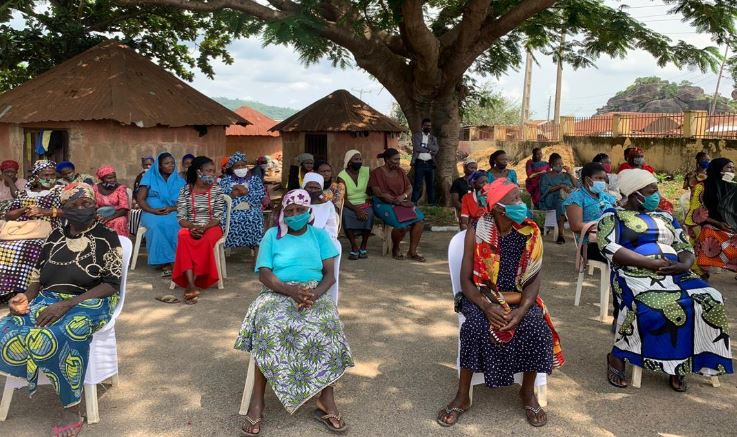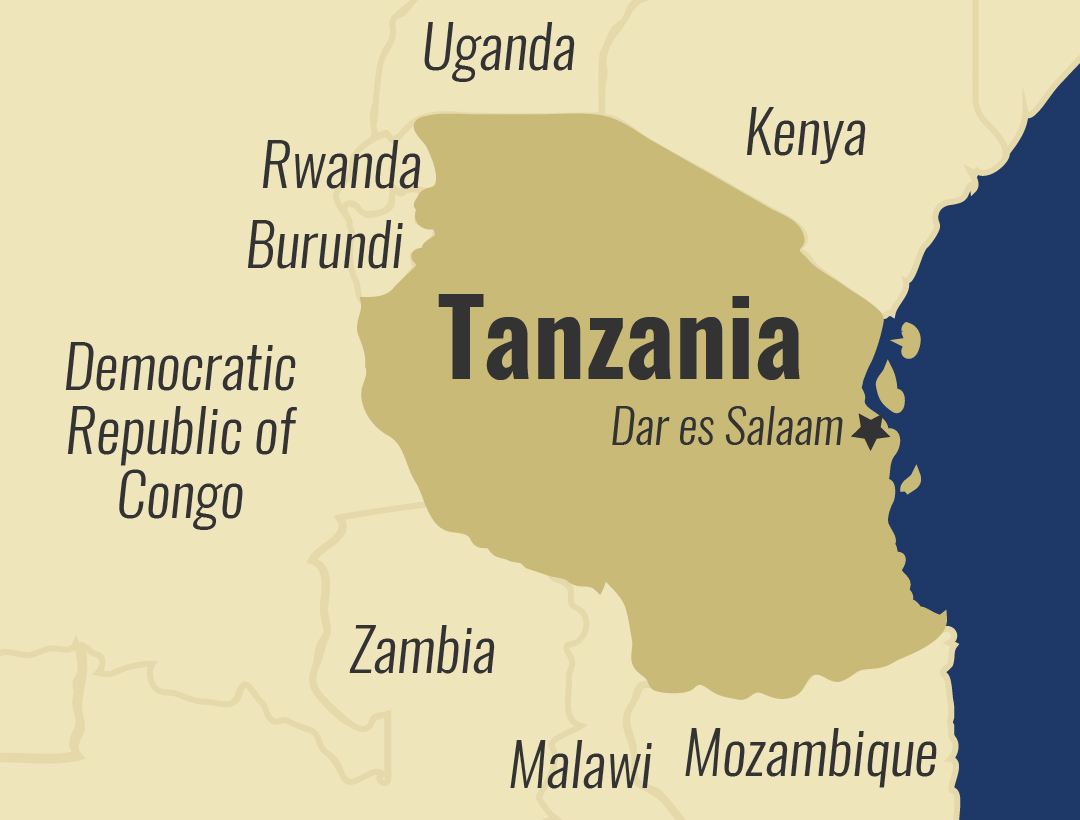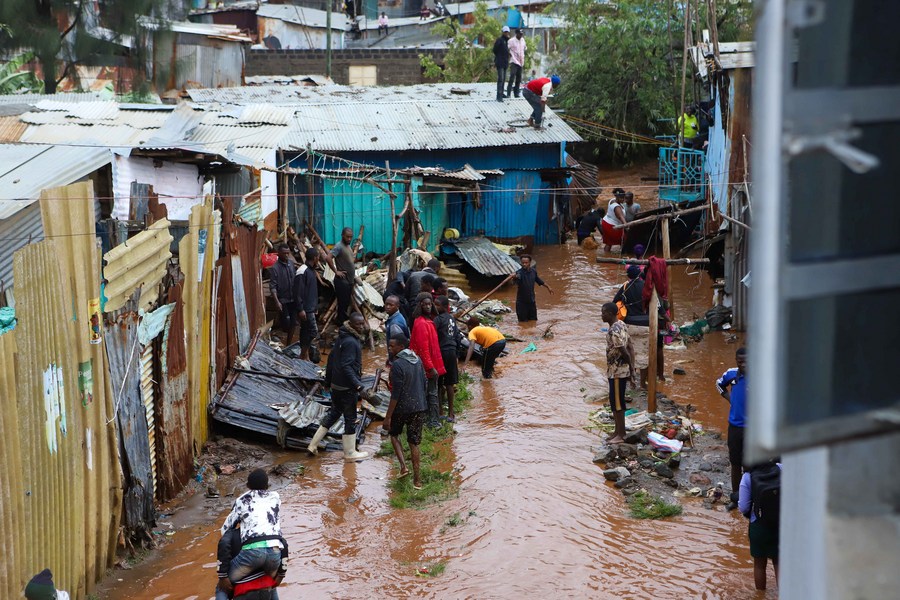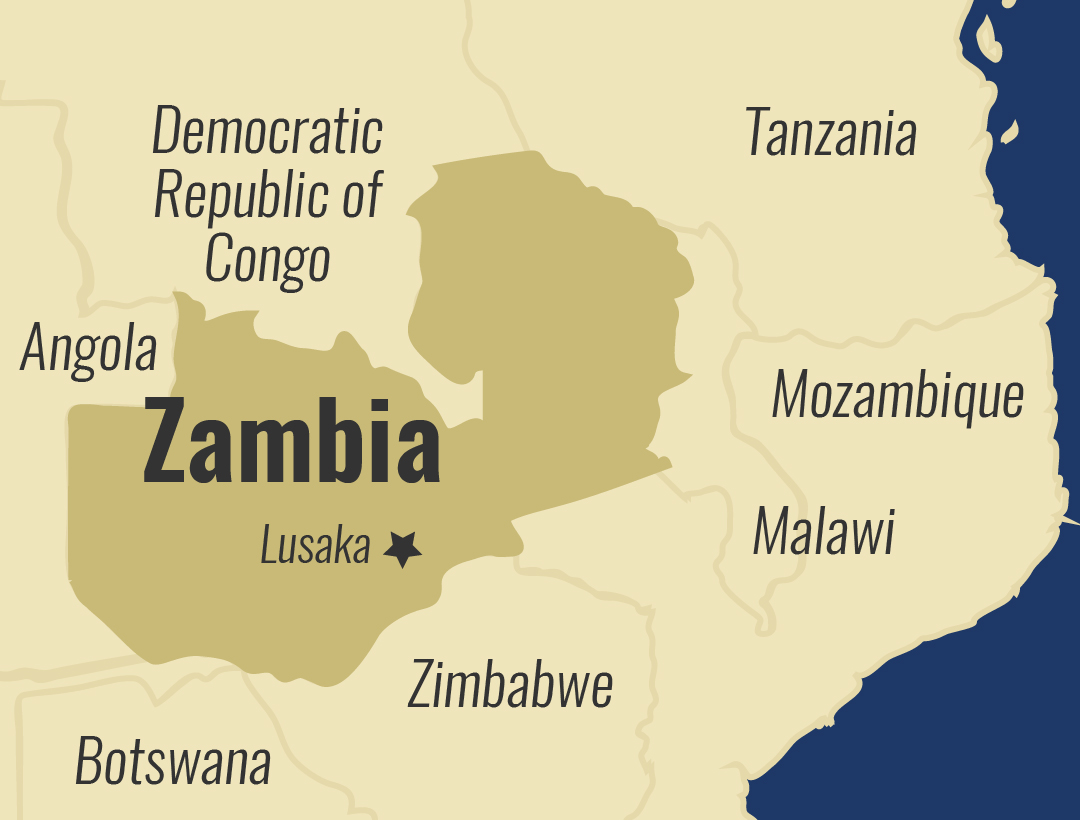
Women and girls more affected by COVID-19 pandemic: UN chief

The COVID-19 pandemic has affected the world’s entire population but not in equal measure, according to the United Nations Secretary-General Antonio Guterres.
Guterres made the remarks as the world marks the 2020 World Population Day, which comes at a time when the world is engulfed in a fight for survival amid a deadly health crisis.
“It is deepening existing inequalities and vulnerabilities, particularly for women and girls”, said Guterres.
“With many countries on lockdown and health systems struggling to cope, sexual and reproductive health services are being sidelined and gender-based violence is on the rise”.
The COVID-19 pandemic has forced many governments to impose restrictions and lockdowns in a bid to curb further spread of the disease.
Not only have the measures jeopardized women’s financial situations negatively, but they have also put millions of lives at a disadvantage with regard to reproductive health.
According to the UN Population Fund (UNFPA), if the lockdown measures remain in place for the next six months, some 47 million women in low- and middle-income countries may not be able to access modern contraceptives, which would result in seven million unintended pregnancies.
Moreover, some 31 million additional cases of gender-based violence can also be expected.
The UNFPA’s State of World Population 2020 projects that more than four million girls will be subjected to female genital mutilation and 12 million forced to marry this year.
“Lockdowns stemming from the pandemic are expected to make matters even worse”, acknowledged Guterres.
The UN says the world is committed to ensuring universal access to sexual and reproductive health care; eliminating the unmet need for contraception; and ending all forms of violence against women and girls by 2030.
Guterres stressed that “we cannot allow the pandemic to reverse progress we have made towards these goals”.
“On this World Population Day, let us act to safeguard sexual and reproductive health care, protect the health and rights of women and girls, and end gender-based violence”, concluded the Secretary-General. “The pandemic has made our jobs much harder, but we must prevail”.
The 2020 World Population Day comes as the number of COVID-19 cases globally have surpassed 12.5 million with a death toll exceeding 560,000.






